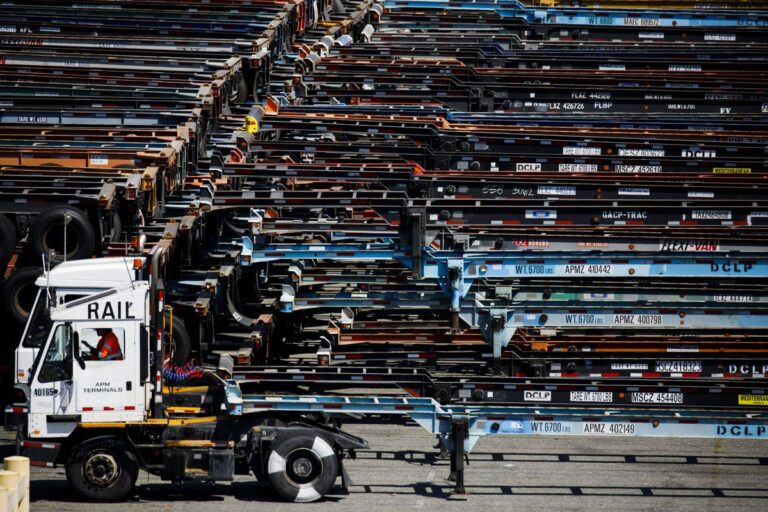
reader comments
124 with 91 posters participating
Google Fiber says it plans to expand its fiber-to-the-home Internet service to several new states for the first time since it announced a pause in construction in October 2016. The plans are pending local approvals. The Alphabet division said in a press release today that it is “talking to city leaders” in five states “with the objective of bringing Google Fiber’s fiber-to-the-home service to their communities.”
The new states are Arizona, Colorado, Nebraska, Nevada, and Idaho. Three of those were just announced, while projects in Colorado Springs, Colorado, and Mesa, Arizona, were announced in recent months.
“These states will be the main focus for our growth for the next several years, along with continued expansion in our current metro areas,” Google Fiber CEO Dinni Jain wrote. “In addition, we’d also love to talk to communities that want to build their own fiber networks. We’ve seen this model work effectively in Huntsville and in West Des Moines, and we’ll continue to look for ways to support similar efforts.”
Jain urged people to “stay tuned in the coming months as we fill in this picture with more details about our new cities, even faster speeds and redefined customer service.” Other than his quote about “the next several years,” Jain didn’t offer a specific timeline for when residents can expect homes to be wired up. However, he wrote that Google Fiber has been busy in other cities lately.
“We’ve been steadily building out our network in all of our cities and surrounding regions, from North Carolina to Utah,” Jain wrote in today’s announcement. “We’re connecting customers in West Des Moines—making Iowa our first new state in five years—and will soon start construction in neighboring Des Moines.”
5+ years after the “pause”
Google Fiber launched with big plans to change the US consumer broadband industry in 2012. It faced problems getting timely access to utility poles, and cities that gave quicker pole access to Google Fiber were sued by AT&T, Charter, and Comcast. AT&T and Comcast won one of those lawsuits against Nashville.
Google Fiber also had problems of its own making. Buildouts were limited, and many residents complained the network never reached their homes. In Kansas City, the site of the first Google Fiber buildout, some residents got cancellation emails several years after ordering service.
charged $40 more per month in places where it faced no meaningful competition. Even that $70 price required opting into a controversial AT&T system that analyzed users’ Internet habits to deliver personalized ads.
Jain, who was COO of Time Warner Cable before that company was bought by Charter in 2016, told Reuters that Google Fiber’s impact on broadband competition made executives at Time Warner Cable “so paranoid.”
But the momentum reversed, and in October 2016, Google Fiber cut its staff by 9 percent and announced it would “pause” or end fiber operations in 10 cities where it hadn’t yet fully committed to building. In Louisville, Kentucky, Google Fiber shut off its service in 2019 and agreed to pay the local government $3.84 million to remove exposed fiber cables left behind by the ISP’s failed nano-trenching experiment.
Google Fiber bought the wireless ISP Webpass in 2016 to provide broadband in some areas where it didn’t install fiber. As of now, its website lists fiber service in 12 metro areas and wireless home Internet in seven. As previously noted in this story, Google Fiber’s announcement said the plan for the five new metro areas is to use fiber-to-the-home, not wireless.
No plan to “build the entire country”
According to Reuters, Jain said “that his team was finally prepared to ‘add a little bit more build velocity’ after over four years of sharpening operations.” The choices of five new metro areas “were based on the company’s findings of where speeds lag,” the article said.
Google Fiber’s previous results suggest the buildouts are likely to cover only portions of the new metro areas, and Jain stressed that he isn’t looking to rival the biggest ISPs in nationwide presence. “There was an impression 10 years ago that Google Fiber was trying to build the entire country,” Jain told Reuters. “What we are gesturing here is, ‘No, we are not trying to build the entire country.'”
Alphabet is slowing its hiring pace, so Google Fiber will have to be judicious in how it spends money. In addition to fiber-to-the-home buildouts, it “will continue to pursue wireless service, through its Webpass brand, for multi-unit buildings” and “lease local fiber networks from other providers” in some cases, Reuters wrote.
“The intent is to build businesses that will be successful in and of their own right, and that is what we are trying to do at Google Fiber for sure,” Jain said, adding that the Alphabet subsidiary can’t simply rely on “a rich parent’s wallet.”





